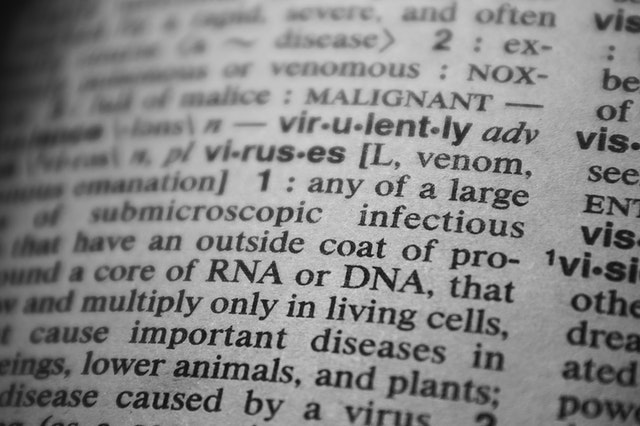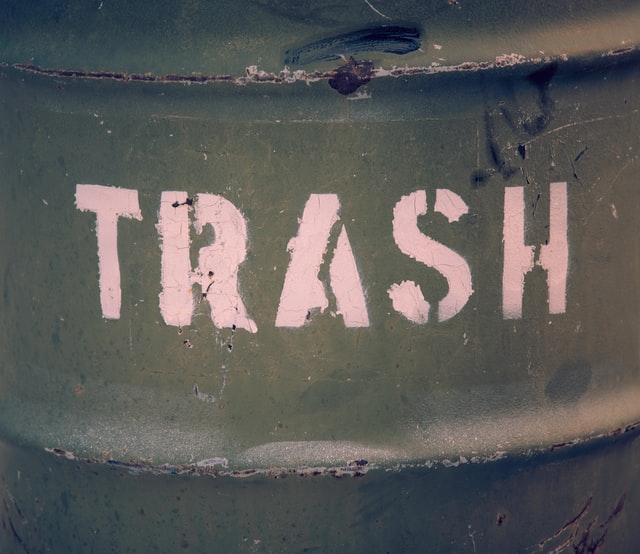By Eleni Papageorgiou,
DNA, as we probably have learned since our schooldays, contains instructions (coding) that are used to create proteins in the cell. The term ‘Junk DNA’ was first introduced in the 1960s by researchers who found that some regions of DNA were non-coding. Studies progressed, and in 1972, Susumu Ohno formalized the term while other biologists concluded that junk DNA had little functionality and conveyed little or no selective advantage to the organism. In other words, at that time junk DNA was considered useless, traveling throughout our bodies, doing neither good nor harm.
In 2012, though, a research program called the ENCODE project concluded that non-coding DNA has some important biochemical genetic and evolutionary function. Studies are in progress and much more is expected about the role of the once called ‘Junk DNA’.
But let us take the term with its primary meaning and try to parallel it with trash culture. Walter Gilbert, the American biochemist, physicist, and molecular biology pioneer, and Nobel Prize laureate, claimed that there is an analogy between junk DNA and trash/low culture.
The term ‘trash culture’ entered the West in the 80s to indicate artistic expressions of low cultural profile but at the same time able to attract large audiences. It refers to books, movies, TV shows, etc of poor taste, low quality, and content. Trash culture exists and travels around us for no real purpose.

When speaking of literature, for most of us, our mind goes back to the great works of literature of the past. Classic examples could be Ernest Hemingway, Arthur Miller, Anton Tschekov, Jane Austin, Leo Tolstoi, Franz Kafka, etc. In today’s consumer society, books are cheaply printed, easily sold even in supermarkets and advertisements, which is playing the most important role. What about content? Well, the stories and tragedies of the past have been transformed into easy stories, digestible and quick to read because people are too busy and stressed to think deeply.
The same goes for magazines. Once upon a time, a magazine was worth reading, containing various topics from literature and poetry to new entries in the artistic circles. The image has prevailed and so editors have shifted their interests to areas that are catchy today: fashion, marketing, gossip, nudeness, vice, and crime. Have serious books and magazines disappeared? Of course not, but their readers are limited and some of them can hardly survive the competition.
As for trash TV, you can probably guess that the term refers to a whole new branch of TV productions that attract the audience through ridiculousness, invasion of privacy, exaggeration, winning money, and exposing yourself on the screen for those 5 minutes of publicity. Go back and think of TV programs like ‘Little House on the prairie’ or ‘Lassie’. Nothing extreme, frenzy, or vulgar; just socially accepted content and storylines, everyday issues, and nice acting. Some decades ago soap operas overwhelmed TV and also chat shows prevailed. Cheap productions and absence of quality again!
Walter Gilbert also mentioned political propaganda, astrology, and advertisement as examples of low culture, as useless as was junk DNA originally thought of.

Advertising for a big part of the world’s population is a waste. A waste of money, first and foremost. Big companies keep spending huge amounts of money on ads or promotional campaigns some of which are not working at all. Is it really necessary for almost all big enterprises to bombard buyers with ads or commercials and so much money to be wasted? Instead, these sums could be distributed to other more serious causes like eliminating poverty, banishing child labor, full vaccination of children and adults in poor countries, and so on, so forth.
As we move on into a century of great progress, research and scientific findings let us all hope that some of the things that Walter Gilbert mentioned as useless disappear once and for all and humanity reaches out for greater causes and ideals. After all, we need to pass down a qualitative planet to our offspring, free from petty thoughts and dangerous practices.
References
Wikipedia, Trash culture. Available here.
Wikipedia, Walter Gilbert. Available here.
News medical: Life Sciences, What is Junk DNA? Available here.
The University of Maryland Extension, When Advertising is a waste of resources. Available here.




